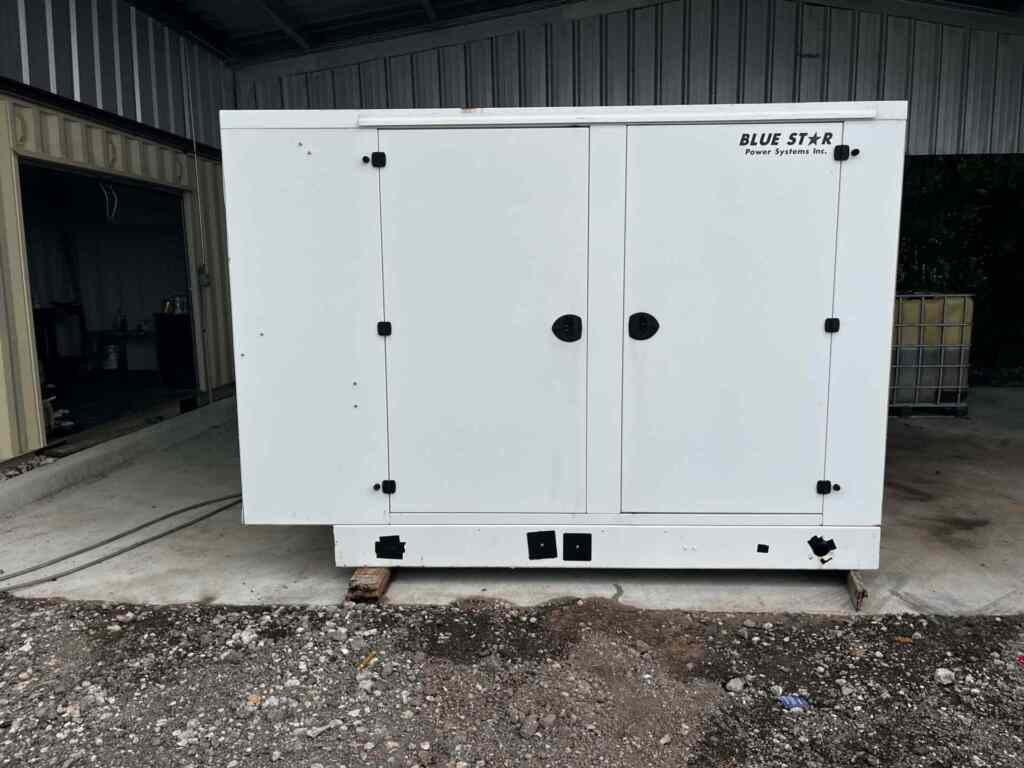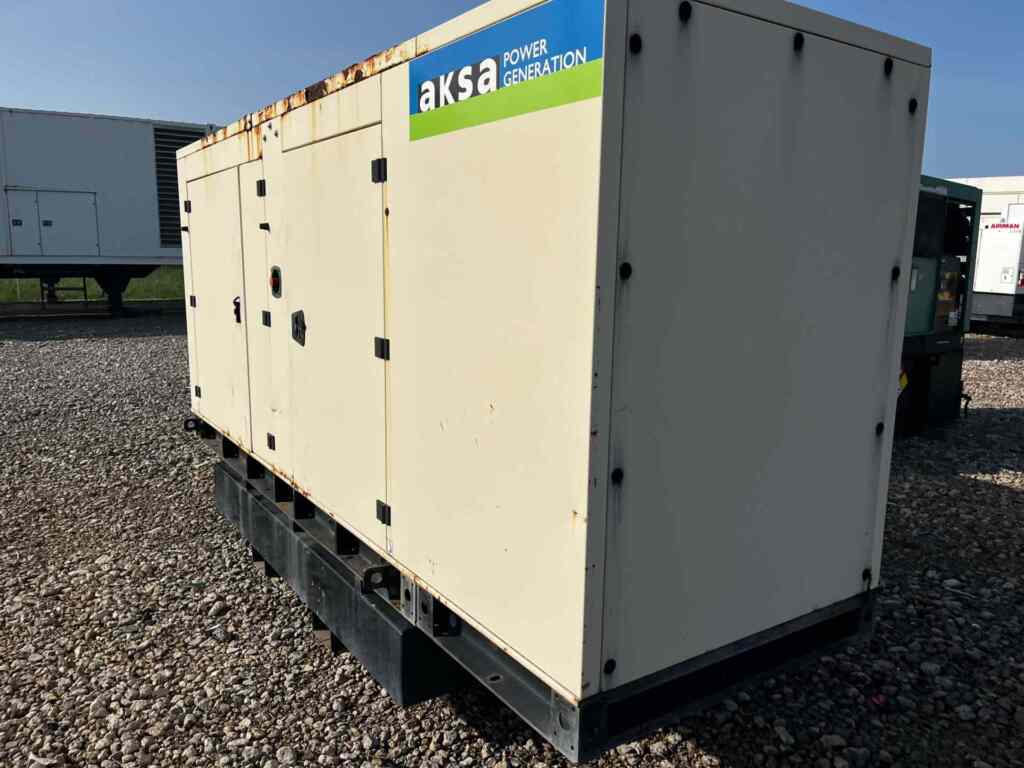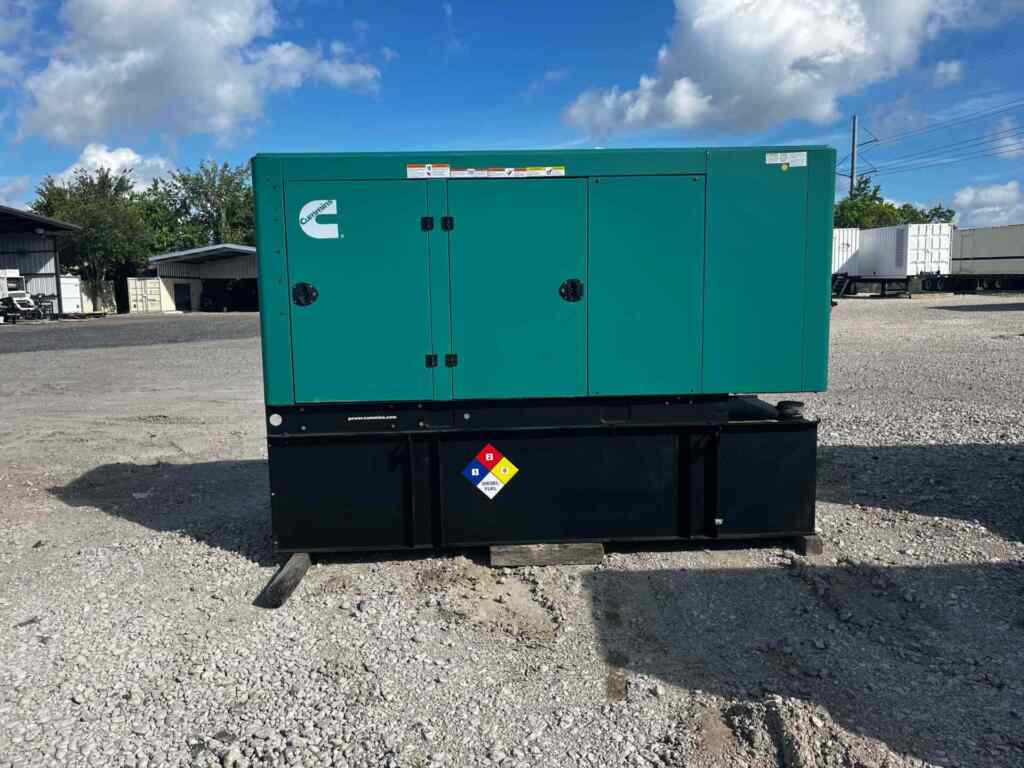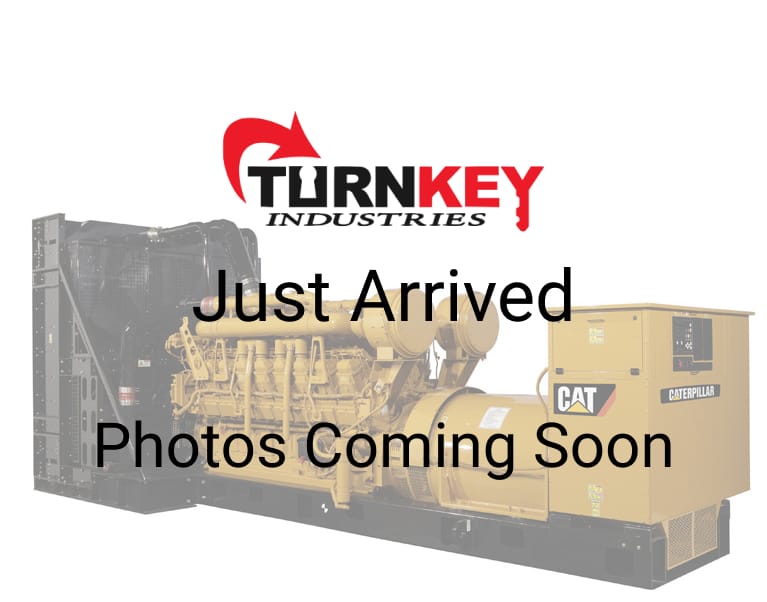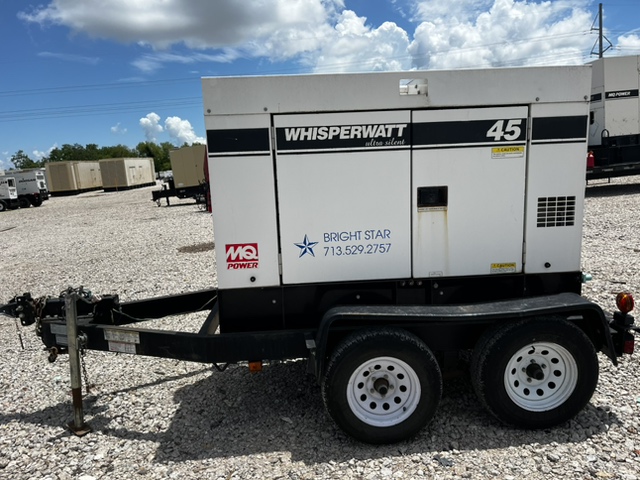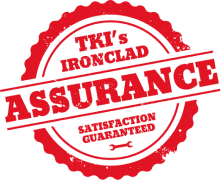A commercial generator serves as a standby source of electrical power that is ready to operate during an interruption to the main power supply. Without this backup system in place, a company can experience a loss of revenue during a power outage. In addition to delivering emergency power when needed, generators ensure the safety of employees and customers and guarantee that operations keep moving without any interruption.
How Do Generators Work?
To understand why a commercial generator is so important in today’s business landscape, you need to understand how generators work. The majority of industrial generators are designed to deliver emergency power during a down-grid situation. These machines will start automatically when the electricity from the utility provider shuts off, and then return to standby mode when grid power is restored.
The Science Behind Commercial Generators
A commercial generator does not manufacture or create electricity. Instead, they convert mechanical or chemical energy into electrical energy. They do this by capturing the power of motion and turning it into electrical energy by forcing electrons from the external source through an electrical circuit.
In a gas-powered generator, an internal combustion engine provides the mechanical force needed to generate a current. The engine spins a shaft that rotates an electromagnet that is known as an armature. The rotating armature spins inside a stationary magnetic field to produce an electrical current that is transmitted through copper wiring.
Where To Use A Commercial Generator
Commercial generators keep businesses and organizations running during power outages. These devices activate when the primary power source fails, providing backup power. Power restoration occurs instantaneously, ensuring that the equipment and operating systems stay on without interruption.
There are many applications for commercial generators. A reputable generator retailer and generator source can help you decide if a commercial generator is right for your business. Several examples of commercial generator applications are listed below:
- Mining operations – commercial generators are a critical component of commercial mining operations. They provide up to 70 percent of the power for running the equipment needed by mining operations. Commercial generators are portable and make mining in difficult-to-reach areas possible for mining companies.
- Healthcare – healthcare facilities across the nation all use commercial generators. Because the majority of medical equipment runs off of electricity, keeping that equipment online is vital. If the power goes out and the equipment goes down, many patients will lose their lives. In this setting, commercial generators ensure that the power supply is not interrupted to life-saving equipment if the power grid goes down.
- Businesses – power outages cost businesses millions in lost revenues. Investing in a commercial generator makes good business sense. If a business wants to avoid an unplanned shutdown and lost revenue, understanding how generators work and the positive impact it can have on your operations is critical.
- Manufacturing – power outages have a direct impact on the number of products that a manufacturing plant makes. To avoid downtime and lost revenue, assembly lines at a manufacturing plant need to keep running. A commercial generator can ensure that a shop runs at full capacity at all times.
- Data centers – many businesses and commercial operations store their data on cloud servers and need access to their information at all times. If the grid goes down and the associated data center goes offline, that information would not be available. Having a commercial generator to provide backup power during power outages is critical for data centers.
- Education – as colleges and other schools have become more reliant on electricity for teaching resources, power outages have proven more detrimental to student education. Having a commercial generator on site for emergencies protects university servers from being hacked and provides a sense of safety for students and educators who are on-site during the outage.
Different Types of Generators
Commercial generators are differentiated by their size, power capacity, and the manufacturer. But one of the most important differences between the different types of generators on the market today is fuel type. Before you purchase a generator, make sure you consider what type of fuel is best for your application. Factors that may influence your fuel choice include accessibility, storage, and power output.
- Diesel – this fuel is popular because it is relatively inexpensive and it is also very efficient. However, diesel does not burn as cleanly as other fuels and typically requires more storage space for outdoor tanks.
- Gasoline – while gas is highly accessible and relatively affordable compared to other fuel types, its price can still fluctuate. Gasoline is only good for one year when stored and is highly flammable, which can make storing enough to power a generator complicated.
- Natural gas – a natural gas generator can tie into your existing gas line, which saves considerable space. This makes it a popular choice for many commercial facilities. It also performs well in cold weather and runs quietly.
- Propane – propane is a clean-burning and quiet fuel choice. However, it is more expensive than natural gas and requires additional costs for on-site storage. Propane generators use more fuel than most diesel generators.
- Dual fuel – Dual fuel generators run on both diesel and natural gas, which gives business owners a backup option if one fuel type runs out. Natural gas engines run cleaner than diesel engines, so a mixed-fuel generator can provide lower emissions than a generator that runs solely on diesel. You can also operate the generator on whichever fuel is more readily available and less expensive.
How To Select The Right Generator For Your Commercial Needs
After you decide on a fuel type, there are several other specifications to consider before you make your final purchase. These include running time, noise level, whether the generator will be located inside or outside, and the price. Finding a reputable retailer and generator source is critical when you are making such a large purchase. Don’t be afraid to consult the experts and ask for help, so that the generator you finally buy is the right one for the job.
 Turnkey Industries offers a variety of high-capacity
Turnkey Industries offers a variety of high-capacity 